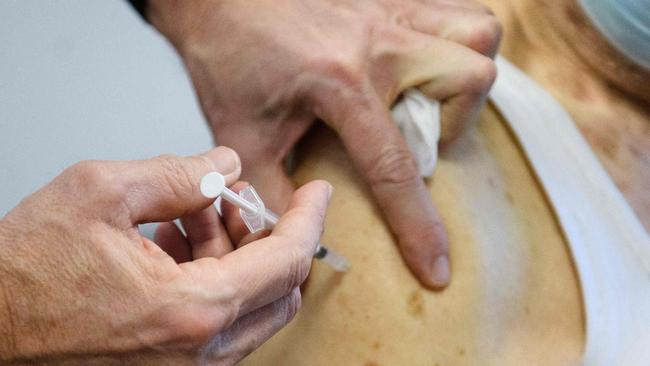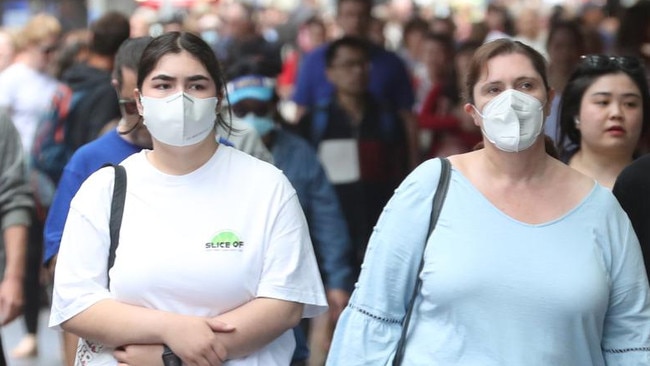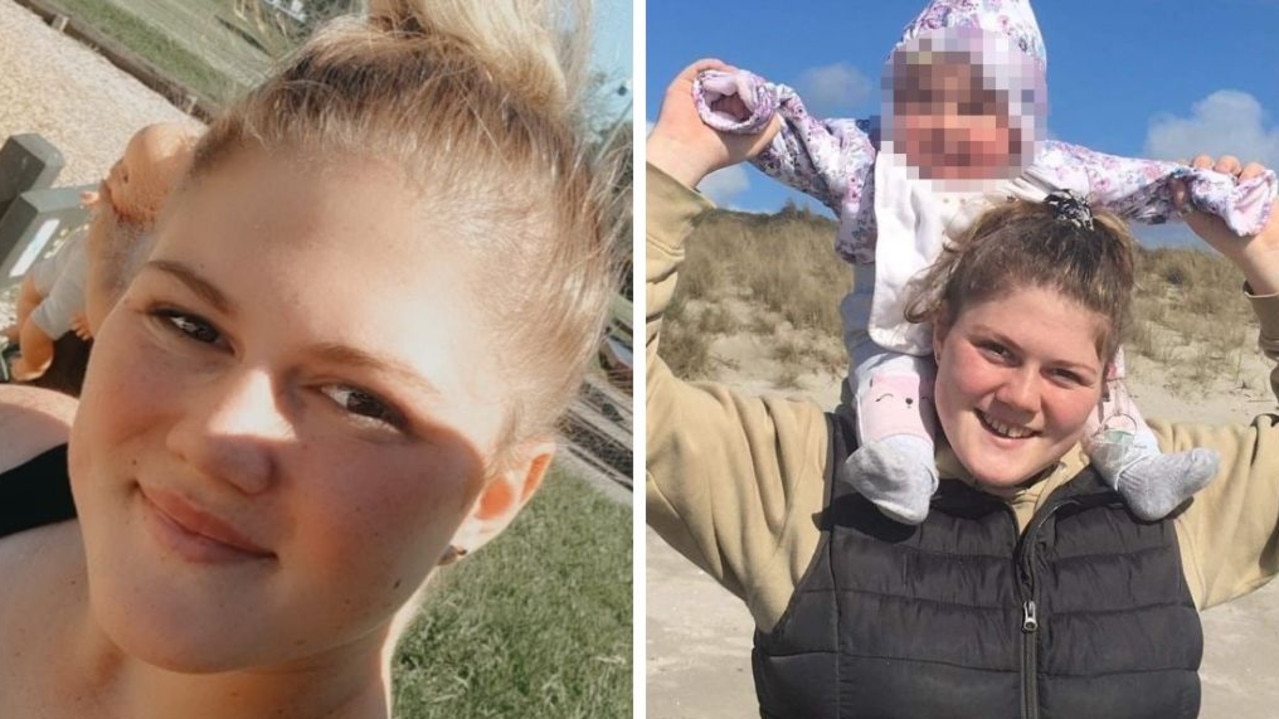Why Covid wave set to be deadliest yet for elderly if low vaccination rates continue
Experts are warning there could be thousands of deaths in care homes if infections continue to climb combined by low immunisation rates.

Illness
Don't miss out on the headlines from Illness. Followed categories will be added to My News.
Experts are warning there could be thousands of Covid-19 deaths in aged care homes where vaccination rates have fallen dangerously low as Australia enters its eighth Covid-19 wave.
While Covid cases are surging across the nation in the lead-up to Christmas, vaccination rates for aged care residents are currently tracking just below 40 per cent compared to January this year when they were sitting at over 90 per cent, according to data from the Department of Health and Welfare.
Infections are rising across Australia with Omicron subvariants EG.5 (Eris) and BA. 2.86 (Pirola) the current threats. In NSW alone, Covid-19 numbers have increased by 20 per cent in the past fortnight.
NSW Health’s Director of Communicable Diseases Christine Selvey warned the latest wave is likely to peak at Christmas for “the third year in a row”.

“Nobody has a crystal ball, but the modelling that we do have suggests that the increase will continue up through and into December,” Dr Selvey said.
University of Sydney and Westmead Institute for Medical Research Professor Tony Cunningham told news.com.au that if infections and vaccination rates continue at similar levels there could be 3000 deaths in the first six months of next year – with aged care residents most at risk.
But Prof Cunningham said the current outbreak was unlikely to be as bad as the Delta wave, which hit in Christmas 2021, because now most people have a level of “hybrid immunity” having been previously exposed to the disease or being vaccinated.
Do you know more? - carla.mascarenhas@news.com.au

But University of NSW Kirby Institute epidemiologist Raina MacIntyre blamed government for vaccination rates not being as high as they should be, lashing all levels of government for mixed messaging around the virus.
“The public messaging is that the pandemic is over, people have nothing to worry about, it is trivial and when you put out that kind of message out no wonder people are slow to get a booster,” Prof MacIntyre said.
“The message needs to be that Covid-19 is very much around, it is on the uptick, serious infection and vaccination does protect against serious outcomes.
“If you are due for booster, you should have one.”
Current advice
The Australian Technical Advisory Group on Immunisation’s most recent update to the eligibility criteria for a booster says anyone over the age of 75 should get a vaccine if it has been six months since their last dose.
Adults aged between 65 and 74 should consider getting a Covid-19 vaccine six months after their last dose, along with those between 18 and 64 who are severely immunocompromised.
Two new Covid vaccines will become available in Australia soon with proven success at fighting off new strains of the virus.
The Pfizer and Moderna XBB1.5 vaccines were approved by the Australian Technical Advisory Group on Immunisation (ATAGI) this month and this advice was accepted by the federal government.
The new monovalent XBB 1.5 vaccines will become available on December 11 and are available now for order by eligible providers.
They have been found to provide modest improved protection against viral strains currently circulating in the community.
Pfizer’s vaccine will be available for use in eligible people aged five years and older, while the Moderna vaccine can be used for those aged 12 years and older.
Just 39 per cent of aged care residents across the country have received a Covid booster in the past six months.
– with Courtney Gould and Madeleine Achenza
Originally published as Why Covid wave set to be deadliest yet for elderly if low vaccination rates continue





